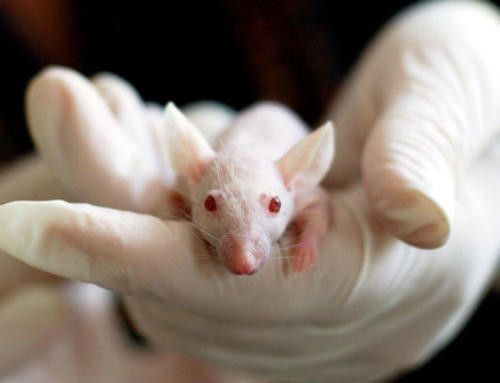Cannabis, especially extracts like CBD oil, are increasingly attracting attention for their therapeutic potential. 20 years ago, assertions like, “I need marijuana for my glaucoma” were typically met with a wink and a nod, but now more and more research supports medical uses for cannabis.
Marijuana contains more than 80 psychoactive compounds. The most important of these are THC and CBD. THC has a high affinity for CB1 receptors in your brain, and when THC binds to CB1 receptors, you feel the euphoria typically associated with marijuana use. CBD, on the other hand, has a very weak affinity for CB1 receptors, and when it does bind, it produces little effect. While some therapeutic purposes require a combination of THC and CBD, many conditions may be treated with CBD alone, meaning there is no psychoactive effect.
CBD has shown promise for treating many different conditions. These conditions include seizures, chronic pain, inflammation, psychosis, tumors, and anxiety. CBD may also be effective for treating substance use disorders. It has been shown to reduce the pleasure associated with morphine and reduce sensitivity to triggers in animals. What’s more, CBD does not appear to have significant side effects.
If further research validates the effects of CBD oil, it may have a major effect on addiction prevention and treatment. For example, chronic pain and anxiety disorders are common starting points of addiction. Opioid pain medications and benzodiazepines, which are typically used to treat pain and anxiety, respectively, are highly addictive and can cause physical dependence in a matter of weeks. CBD may prevent many people from ever becoming dependent on these drugs and it may help people in recovery manage their symptoms with less danger of relapse.
For now, people in 12-step programs are justifiably skeptical of medication derived from marijuana. Addiction is sneaky, and anyone in recovery is right to be suspicious of even reasonable sounding arguments for using a new substance. However, sometimes this skepticism may be overzealous, as when 12-steppers believe even taking an antidepressant is a breach of sobriety. While total abstinence is a worthy goal, it’s not always possible. Chronic pain, depression, schizophrenia, and seizure disorders are all real conditions that the 12 steps won’t cure. You can’t reasonably expect someone to stay sober if she has an untreated mental health condition.
CBD may help some people in addiction recovery. It is not psychoactive, so there is less worry that your lack of inhibition will lead to relapse. Of course, there is still a lot we don’t know about CBD, especially the effects of long-term use. The Justice Department would like to remind everyone that marijuana and it’s extracts are still technically illegal in the US. However, heroin is also illegal and it’s far more likely to kill you. Taking charge of your sobriety means weighing risks against rewards. Whether or not to use CBD is not a decision you should make alone, but it might be worth considering.
Located in downtown Midland, The Springboard Center’s mission is to offer programs and services to treat alcohol and drug addiction treatment using an evidence based curriculum, 12 step programs, diet, nutrition, exercise, emotional, mental and spiritual development for a long recovery. For more information, please call us at 432-620-0255 as we are open 24 hours a day, 7 days a week.




